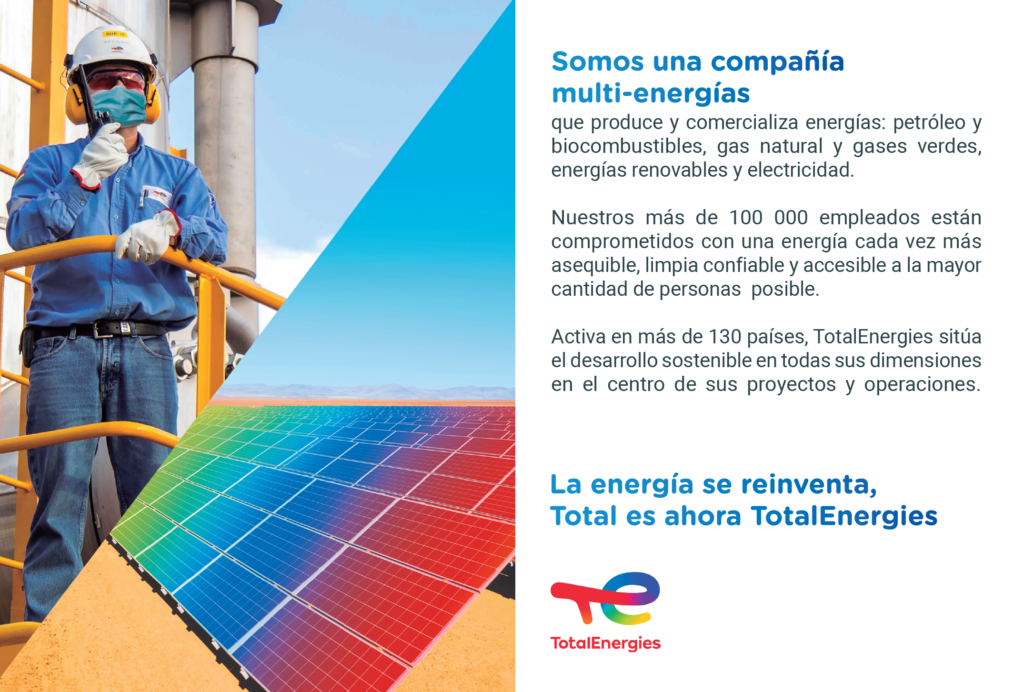The Government is committed to the production of ecological fuels to reduce the growing imports of diesel and gasoline, experts recommend consistency to avoid deforestation and guarantee a sustainable production and energy transition, making sure of not committing mistakes…
ISSUE 116 | 2023
Elizabeth Álvares Riva
The new biodiesel plants that the Government plans to build by 2025, in Santa Cruz, are highly relevant and necessary to face the growing imports of diesel and gasoline. However, to be successful, the project requires a coherent strategy aiming towards promoting agriculture without incurring in deforestation, thus guaranteeing a sustainable production chain.
Two specialists coincide in indicating that the country has the conditions to significantly increase the production of biodiesel and ethanol, highlighting that there are large tracts of degraded land, especially in Santa Cruz, as well as native plants suitable to be used as raw material, without disrupting the food exports that currently represents a substantial source of income for the private business sector and the State.
“On the one hand, there is the need to produce more biofuels, but on the other hand, there is the need of doing it properly based on good agricultural and conservation practices. The objective is generating the required infrastructure and above all, doing it in a socially acceptable way, where child labor or labor exploitation are not involved, it has to be a production under certain conditions, in a very organized way, with social and economic benefit for the country with the objective of achieving an energy transition”, said James Johnson, Forest Engineer, and consultant on environmental and agricultural issues.
BIOFUELS FOR THE MEDIUM TERM
Alan Bojanic, Agricultural Engineer and FAO’s representative for several years, argues that there is a need for an agriculture that not only reduces its emissions, but can also contribute, in this case, with the production of biofuels to curb the use of fossil fuels. “We know that it is not possible to replace all the diesel and gasoline that the country imports, and that it is even more challenging to do it quickly, but we also know that this must be executed gradually within a framework of change in the energy mix,” he said.
Biofuels must have a greater participation in the medium term, in the new energy mix, but in the long term they will also have to be replaced by cleaner energy from renewable sources, such as solar, hydraulic and wind energy, among others. Moreover, electric cars and those that use energy without greenhouse gasses will occupy a more prominent place, according to the expert.
“What we are basically looking for is a greater participation of biofuels, but we must know how to achieve this energy transition and how to reach that main goal, which is the complete substitution of energies based on fossil fuels,” said Alan Bojanic. The specialist considers that the project for the implementation of biodiesel plants is “very remarkable”. Regarding the $387 million investment announced by the Government, he said that with good management, the expected returns can be achieved.

“The concept is highly relevant; it’s about looking at how those costs are managed. It is necessary to calculate not only the value of the imported diesel that will be replaced, but also the social and economic benefits that it will have in the country. Currently, there is a hemorrhage of Bolivian currency abroad, so, to measure the profitability of this project, all externalities must be included,” he said.

“…it is necessary to have a clear idea about production and supply of raw materials, the need for supply, a solid trading system and, above all, good agricultural practices…”
IS IT WORTH TRYING?
In this venture, it is considered that totaí crops, palm oil, African palm, the macororó and cusi, all of them native species available in Bolivia, constitute an ideal raw material for the biodiesel that is sought to be produced.
“It’s something worth trying, but let’s try to make as few mistakes as possible, which means, for example, being very clear about the challenges involved with production and supply of raw materials, the need for supply, a solid trading system and above all, good agricultural and conservation practices that allow the best possible environmental management practices”, highlighted Mr. Bojanic.
Both experts agree that research must be developed, credits promoted and institutional strength solidified, thus giving certainty to the project and encouraging farmers participation.
“What I see is a project that will restructure the national economy, so far, we have been accustomed to an extractivist economy focused on hydrocarbons and minerals exports, there is a very recent commitment to get out of that dependency, aiming towards a more productive economy, but it is vital supporting this tendency within an institutional framework”, said James Johnson.

… research must be developed, credits promoted and institutional strength solidified, thus giving certainty to the project…”
INVESTMENT DATA BIODIESEL
The Government is part of the project referred as “Implementation of Biofuel Plants”, the same one that is contemplated within the Economic and Social Development Plan 2021-2025 “Rebuilding the economy to Live Well, towards the industrialization with imports substitution”.
The estimated investment for the entire project, which includes Biodiesel Plant-1, Biodiesel Plant-2 and HVO, is $387 million with a production of 12,000 barrels per day, which is aiming to replace up to 45% of imported diesel. The first plant to be built is Biodiesel-1, whose cost is $40 million, with an estimated production of 1,500 barrels per day, in a dynamic that must be careful with food prices increase, growing competition for land and water, and deforestation.
At the moment, the Government aims to produce a cleaner and more environmentally friendly fuel, from those of vegetable origin and used oil (UCO) with low contaminant content, stating that the new product will contribute to reducing imports, and the current state subsidy for imported diesel.
